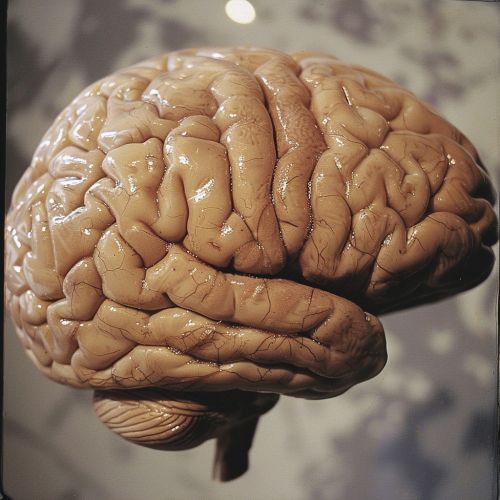Mental disorder
Definition and Classification
A mental disorder, also known as a mental illness or psychiatric disorder, is a behavioral or mental pattern that causes significant distress or impairment of personal functioning. Such features may be persistent, relapsing and remitting, or occur as a single episode. Many disorders have been described, with signs and symptoms that vary widely between specific disorders.


Causes
The causes of mental disorders are often unclear. Theories may incorporate findings from a range of fields. Mental disorders are usually defined by a combination of how a person behaves, feels, perceives, or thinks. This may be associated with particular regions or functions of the brain, often in a social context. A mental disorder is one aspect of mental health. Cultural and religious beliefs, as well as social norms, should be taken into account when making a diagnosis.
Diagnosis
The diagnosis of a mental disorder is not the same as a need for treatment. Need for treatment takes into account how severe the symptoms are, how much the symptoms cause functional impairment, and the risks of not receiving treatment.
Treatment
Treatment and support for mental disorders is provided in psychiatric hospitals, clinics or a range of community mental health services. A number of professions have developed that specialize in the treatment of mental disorders. This includes the medical specialty of psychiatry (including psychiatric nursing), the field of psychology known as clinical psychology, and the practical application of sociology known as social work.
Epidemiology
Mental disorders are common. Worldwide, more than one in three people in most countries report sufficient criteria for at least one at some point in their life. In the United States, half of adults will develop at least one form of mental disorder during their lifetime.
History
The history of mental disorders goes back to ancient times, where mental disorders were often thought of as a religious punishment or as the result of being possessed by demons or evil spirits. This view persisted throughout the Middle Ages and the Renaissance, but by the 18th century, medical explanations for mental illness were being proposed.
Society and Culture
Mental disorders can affect a person's ability to work, form relationships, and otherwise function in society. In many societies, there is a social stigma attached to mental disorders, a stigma that can prevent people from seeking treatment for their disorder.
